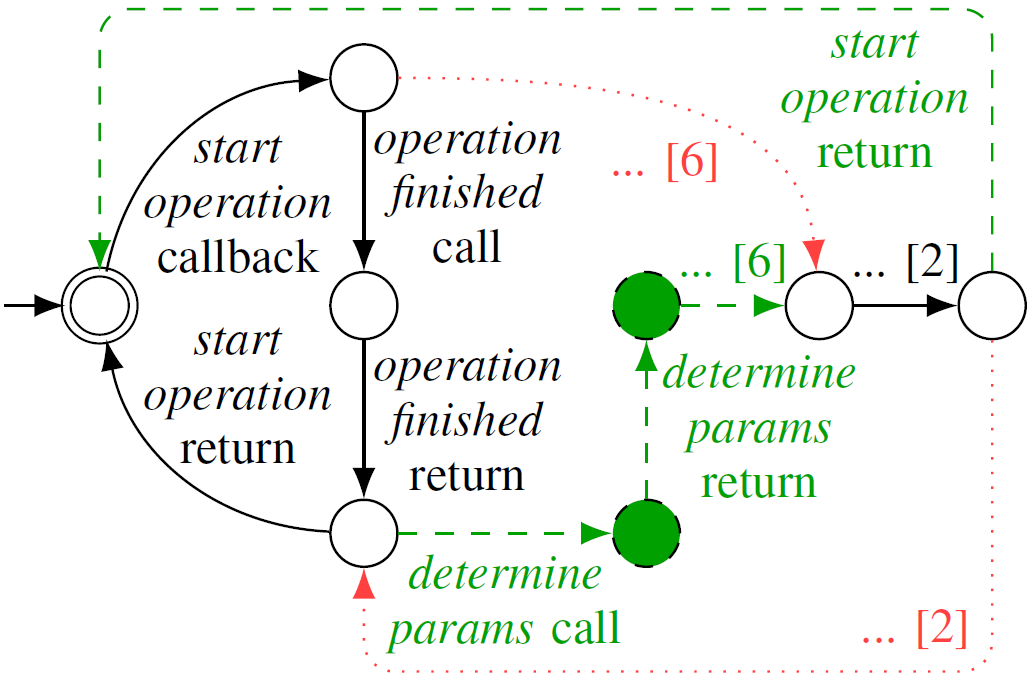Theme: Change Impact Analysis
Software-intensive systems constantly evolve. To prevent software changes from unintentionally introducing costly system defects, it is important to both understand how the current software behaves, and what impact changes have on that behavior. When changes are made, engineers often do not understand the (system-wide) impact of those changes. We therefore use model comparison techniques to compare models of the software versions before and after a change to find all behavioral differences. This gives insights into the differences and their impact, which helps to reduce risks.
Research
Ongoing research work on this topic has been a collaboration over the past years of the Radboud University with TNO, a Dutch applied-research center, and ASML, a company that develops and manufactures lithography systems. So far, this has resulted in:
- A multi-level comparison approach that integrates multiple complementary approaches to automatically compare the behavior of state machine models. Comparison results are presented at six levels of abstraction, providing engineers with a good overview, and guiding them through the relevant differences by step-by-step zooming in, without wasting time on unaffected parts of the system. The approach was validated with various case studies at ASML.
- The gLTSdiff algorithm for structural comparison of state machines, which allows engineers to compare state machine behaviors in detail, highlighting the differences. The algorithm was also validated with various case studies at ASML.
Open-source tools
- All the research results have been integrated in the Model Inference and Differencing Suite (MIDS), an open-source project.
- The gLTSdiff algorithm is implemented in the gLTSdiff open-source project, and is used in MIDS.
More information
MSc projects
- There are opportunities for both theoretical and more applied MSc graduation projects.
- There are opportunities for both internal/university and external/company MSc graduation projects.
- Results of the projects could be incorporated into the open-source tools gLTSdiff and/or MIDS, if applicable.
If you're interested, contact Dennis Hendriks (<fistname> DOT <lastname> AT ru DOT nl).
